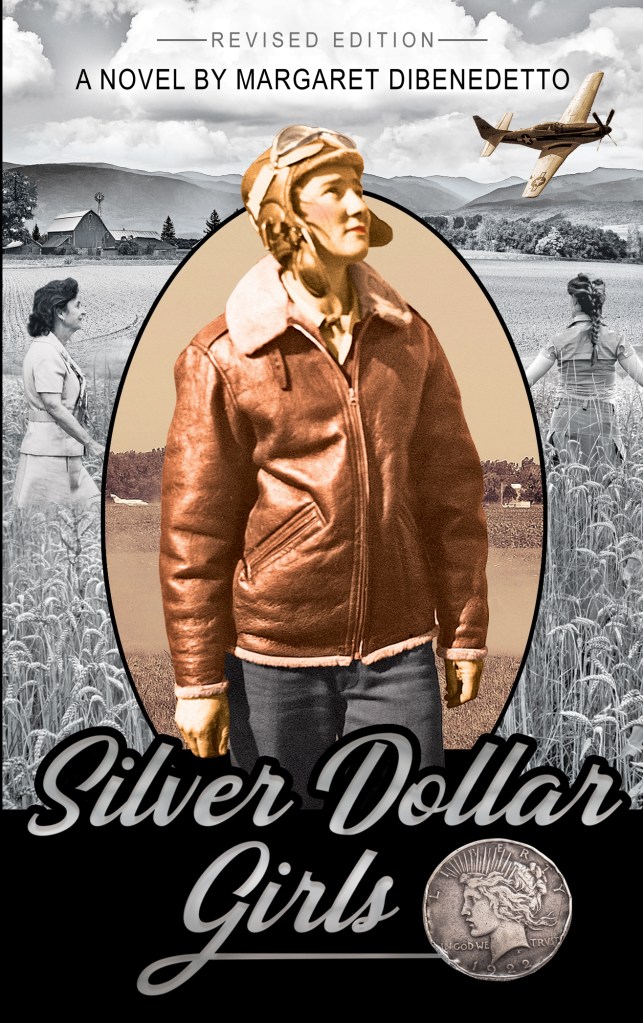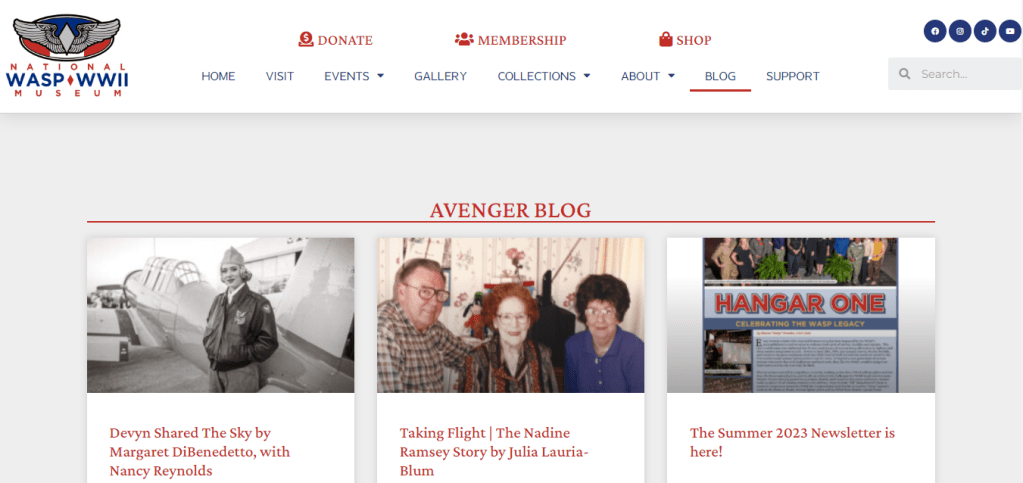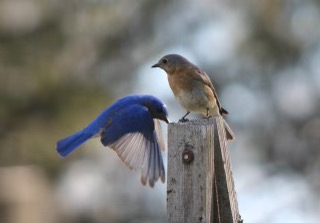NEW RELEASES


“Silver Dollar Girls” is a combination of World War II history and a fictional family narrative, set in a rural valley during the 2020 COVID lockdown. Margaret DiBenedetto worked on the book over the past two years and recently published it through her kitchen-table publishing company Full Court Press. She’d been looking for a way to incorporate her mother’s aviation stories into her writing, which until now, has been comprised of nature essays and children’s stories.
“What a great read! Silver Dollar Girls is filled with grit, warmth, and the beauty of family. DiBenedetto’s sure hand brings her characters to life.”
— Sharon Israel, author of Voice Lesson
“Ebony Bear, A Nurturing Ursine Learns a Lesson” by Margaret DiBenedetto is the first in a series of wildlife books that are based on research gathered from various sources, including scientific papers and websites, and communication with scientists and experts. Ebony Bear is a book for children and parents as well, who might in one night have to read a book five or more times – the book includes little nuggets that maintain everyone’s interest and curiosity.
“Enchanting!” “I love how she tells the story, very engaging, and weaves into it lessons for the bears and for people too. The world needs this series . . .”
— Leslie T. Sharpe, author of Quarry Fox
Learn About Women Air Force Service Pilots (WASP)

Homage to Ruth Franckling
Panel donated to the following Museums around the Country:
- Endless Mountains War Memorial Museum, Muncey Valley, PA
- WWII Experience Museum, Gettysburg, PA
- Bourne Historical Society WWII Museum, Bourne, MA
- Museum of Memories, Fleischmanns, NY
- National Warplane Museum, Geneseo NY
Our Essay Dedicated to Devyn Reiley Published in The National WASP WWII Museum Blog

Explore
“It isn’t just talent. You have to have something else. You have to have a kind of nerve.”
-Georgia O’Keeffe


